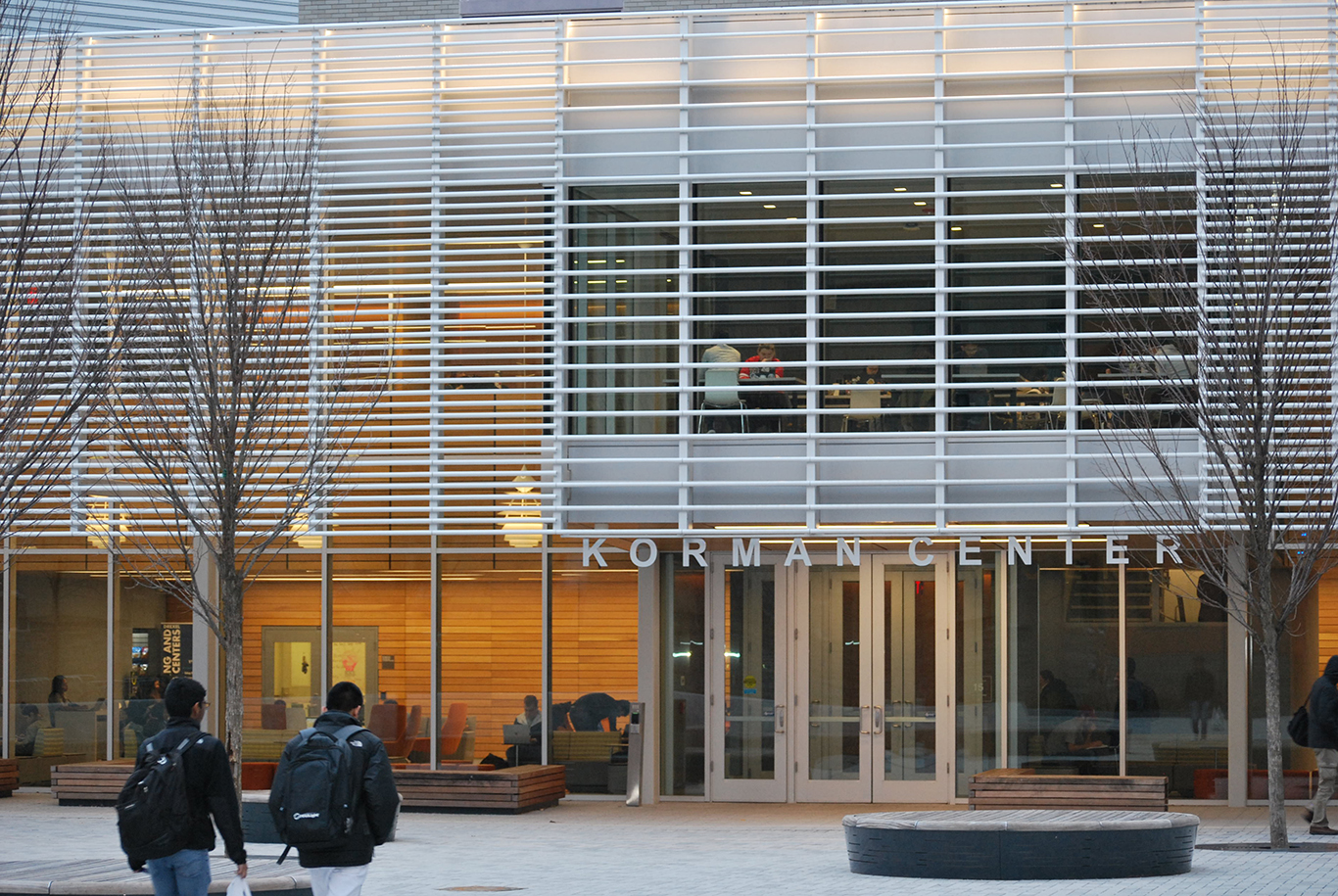
As a college student, I’m always looking for ways to improve my efficiency and skill when it comes to studying, and there’s no perfect method for something that is so varied. One consistent thing I’ve noticed about studying is that the time of day can have a real impact on how well someone is able to study.
I have always been a bit weird in that certain types of studying are more effective depending on the time of day.
In the morning, my brain is still waking up, so if I have to do anything creative that comes from my own brain, like writing a paper, I have a difficult time getting started. Whereas if my homework requires me to interact with something, like reading chapters from a book for class, I pay very close attention to what I am reading instead of just skimming through it.
This gets reversed at night. My brain is at its peak when it comes to idea generation and creating things, but if I try to read something, I’ll likely fall asleep within the hour.
Regardless of whether you’re all over the place with your studying or good to go with a system that works perfectly fine, there are still some things that you might want to take into consideration.
One is your circadian rhythm, which is essentially your biological clock. If you notice that your sleep schedule is off and you’re waking up and going to bed at strange times, it may be a sign that your circadian rhythm is a bit off.
It may not sound like a big deal, but I’m speaking from experience when I say that it can cause problems, and if you do a bit of research, you’’ll find that I’m not exaggerating by any means.
According to The National Institute of General Medicine Sciences, “Circadian rhythms can influence sleep-wake cycles, hormone release, eating habits and digestion, body temperature and other important bodily functions. Irregular rhythms have been linked to various chronic health conditions, such as sleep disorders, obesity, diabetes, depression, bipolar disorder and seasonal affective disorder.”
A circadian rhythm that’s off can definitely impact your ability to study, so it would be worth your time to do some research on how to fix a circadian rhythm if you feel yours might be off.
Now getting back to studying, there is a wealth of information about research and studies that have been conducted to try to determine when the best times to study is, but many of them don’t really give an answer. And the few that do give an answer are still indecisive, often opting to say that the best time to study comes down to the individual. I can’t entirely disagree with this either; they aren’t wrong when they say that as every person studies best based on what times work for them.
A more precise answer that I want to offer is to determine the best times for you to study based on what you’re studying entails. If your brain solves problems better at night, do work that requires problem-solving at night. If your brain works faster and pieces together thoughts and generates ideas more quickly during the middle of the day, try to work on papers, lab reports, analytical essays and similar types of work during the midday.
You get the point, I hope, but it’s easier said than done.
Since you’re probably already in some kind of groove when it comes to studying, you may not see the need to try and do different types of studying at different times of the day. That’s a fair point, but pretty much all students have some type of studying where we have efficency issues. And it can be for a number of reasons. Little or no interest in the work, tediousness, complex content, time investment and density are just a few factors that make it difficult for us to fully sink our teeth into a studying method.
You won’t know if you’re more efficient at a different time of day until you try types of studying at a different time of day.
It sounds obvious, but it’s something that I have a lot of trouble doing consistently. I wouldn’t say that I’m bad at any particular type of studying that I do now, but there are some types where I certainly think I could do better.
Admittedly, there are many factors that can affect how we study. A few common ones you should consider are location, material, exhaustion, hunger, having people to study with and studying in a quiet space like your room or a busy place like a coffee shop. These are all important, and we have more control over these factors than the time of day, but we can also trust in the consistency of the time of day, so it’s not something that should be ignored when it comes to maximizing our studying capabilities.
